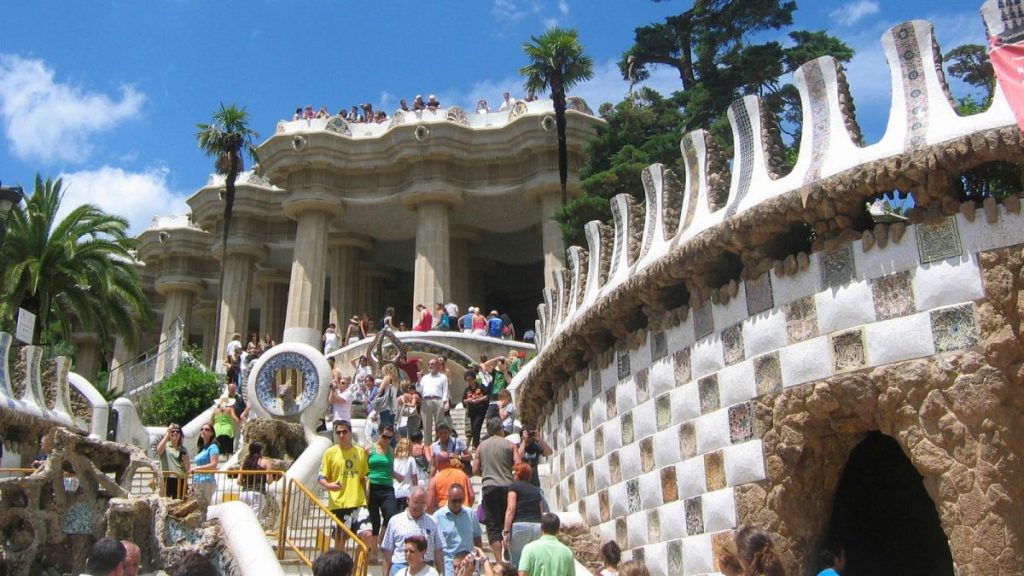Barcelona, a city renowned for its captivating blend of art, architecture, vibrant culture, and a world-class football team, has been grappling with the double-edged sword of tourism. While the influx of over 15 million visitors annually contributes significantly to the city’s economy, it has also placed immense strain on its resources and the daily lives of its residents. 2024 witnessed a crescendo of this tension, marked by protests, policy changes, and a growing debate about the future of tourism in Barcelona. The city’s journey towards a more sustainable tourism model is a complex one, involving a delicate balancing act between economic benefits and the well-being of its citizens.
The crux of the issue lies in the sheer volume of tourists, which has led to overcrowded public spaces, inflated housing costs, and a sense of displacement among locals. Frustrations boiled over in 2024 with protests, some targeting tourists directly, highlighting the growing resentment towards the perceived disruption caused by mass tourism. These demonstrations, while disruptive, underscored the urgent need for a reassessment of the city’s tourism strategy. The underlying message was clear: Barcelona welcomes visitors, but not at the expense of its residents’ quality of life.
One of the most significant policy changes announced in 2024 was the plan to ban short-term rental licenses by 2028. This move, aimed at addressing the housing crisis exacerbated by the proliferation of tourist apartments, sparked a backlash from the tourism industry, which argued that these rentals represent only a small fraction of the housing market. Legal challenges ensued, highlighting the complexities of balancing local needs with the interests of the tourism sector and the rights of property owners. The debate over short-term rentals underscores the broader challenge of regulating the sharing economy while ensuring affordable housing for residents.
In addition to addressing the housing crisis, Barcelona has implemented a range of measures aimed at managing tourist flow and mitigating their impact. These include increasing the tourist tax, removing overcrowded bus routes from online maps, considering price hikes for popular attractions like Park Güell, increasing parking fees for tourist buses, and even targeting tacky souvenir shops that detract from the city’s character. These actions, while potentially controversial, reflect a concerted effort to prioritize quality over quantity in tourism, encouraging visitors who are genuinely interested in experiencing the city’s culture and contributing positively to its economy.
Looking ahead to 2025 and beyond, Barcelona is striving to achieve a more sustainable and harmonious relationship with tourism. This involves promoting responsible tourism practices, encouraging visitors to explore beyond the typical tourist hotspots, and fostering greater respect for local customs and the environment. The city’s tourism board emphasizes the importance of collaboration between all stakeholders – residents, businesses, and visitors – to ensure that Barcelona remains a welcoming and vibrant destination while preserving its unique character and the well-being of its citizens.
The path forward for Barcelona involves navigating a complex landscape of competing interests and finding innovative solutions to manage the challenges of overtourism. It’s a journey that requires ongoing dialogue, policy adjustments, and a shared commitment to creating a tourism model that benefits both visitors and residents alike. The city’s ambition is not to deter tourism, but to cultivate a more sustainable and respectful form of tourism that enriches the experience for everyone involved. This entails encouraging visitors to engage with the city’s culture, respect local customs, and contribute positively to the community.


